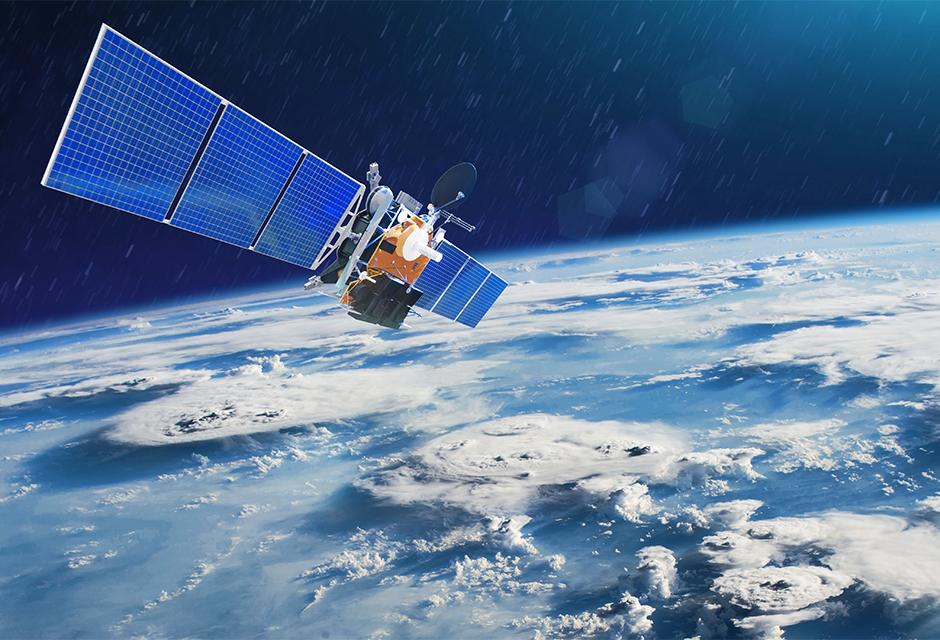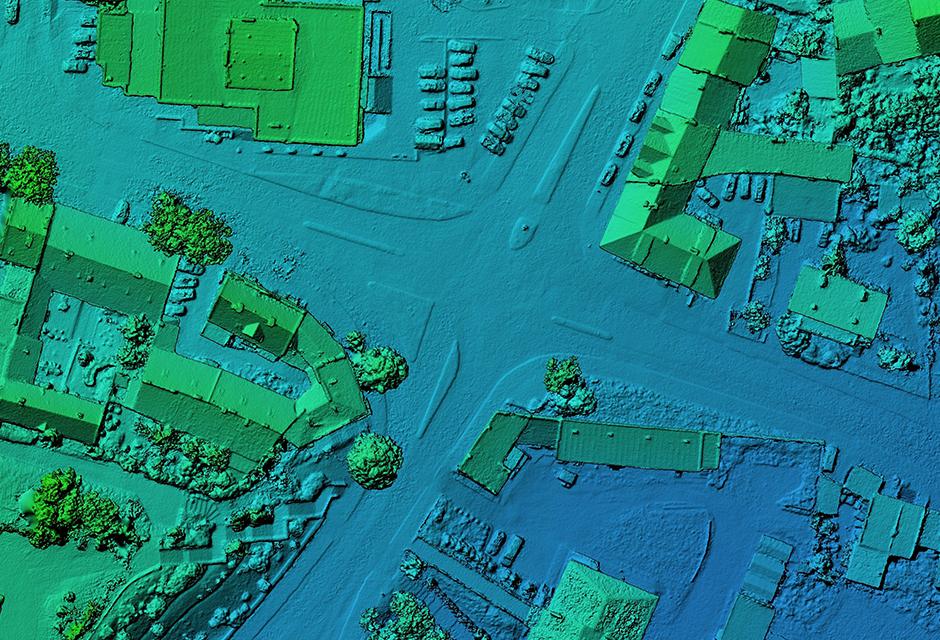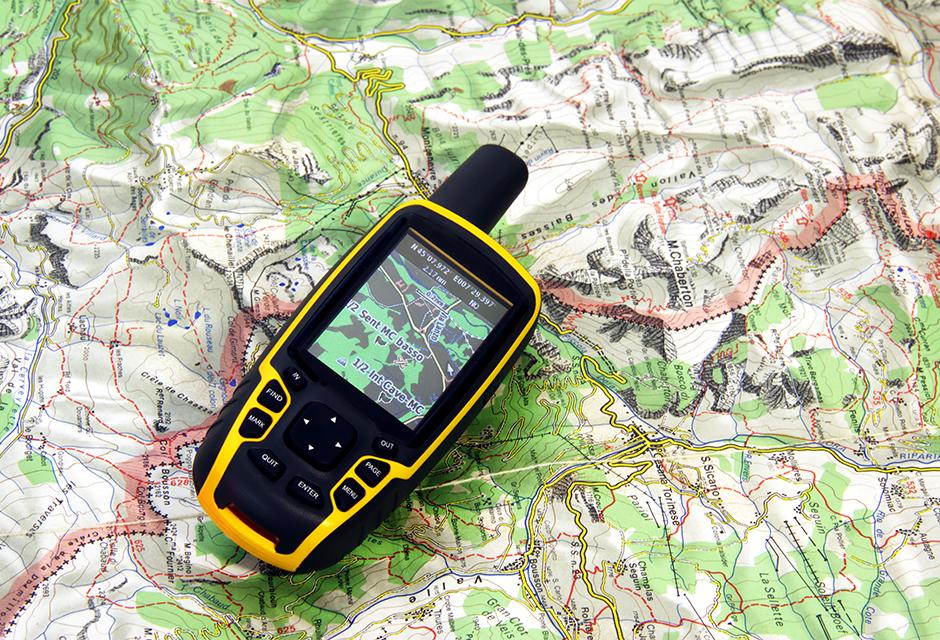Geography
Geography is a unique spatial science that synthesizes interactions between human society and physical environments to develop a broad understanding of the distribution and organization of both physical and human landscapes and environments. Geography students develop strong analytical and communication skills, including methods of geographic observation, data collection, analysis, mapping, modeling, and reporting of findings.
DEGREES & CERTIFICATES
Geography, Associate in Arts for Transfer (AA-T)
Foundation of Geospatial Data and Programming, Certificate of Accomplishment (ACC)
View all LBCC’s Programs of Study and Curriculum Guides
(New students need to refer to the current academic year for the most up-to-date info)
| Receiving a Degree/Certificate | Class Schedule | Make an Appointment |
CAREER INFO
Geographers work for businesses, government agencies, and nonprofits in a wide range of fields to help improve our environment, promote livable communities, increase economic and human development, facilitate local and national security, and much more.
POTENTIAL JOBS
Start your career as a professional and/or specialist in the areas below!
Environmental/Physical Geography
- Air Quality Specialist
- Climate Change Analyst
- Climatologist
- Emergency Management Specialist
- Environmental Planning Consultant
- Forester
- Restoration Ecologist
- Water Resources Specialist
Geospatial Technologies
- Geo-intelligence Specialist for National Defense
- Geographic Information Systems Analyst
- Remote Sensing Image Analyst
- Satellite and Aerial Remote Sensing Analyst
- Surveying and Mapping Technician
Human/Cultural Geography
- Community Development Specialist
- Community Organizer
- Foreign Services Officer
- Historic Preservationist
- International Development Specialist
- Market Researcher
- Public Health Officer
- Public Policy Researcher
- Urban and Regional Planner
- Zoologist/Wildlife Biologist
To explore potential jobs in this field of study, we strongly urge you to visit LBCC Career Center. Working with a career counselor, we will assess your strengths, skills, interests, and accomplishments to help you identify internship opportunities and career goals that match your educational and professional needs.
FAQ
What is Geography?
Geography is the study of places and the relationships between people and their environments. Geographers explore both the physical properties of Earth’s surface and the human societies spread across it. They also examine how human culture interacts with the natural environment and the way that locations and places can have an impact on people. Geography seeks to understand where things are found, why they are there, and how they develop and change over time.
What is Physical Geography?
If you enjoy the natural environment and outdoors, then physical geography is for you. Physical geographers study weather and climate, vegetation and animal habitats, river and ocean processes, natural disasters, and much more. Many students interested in environmental issues major in physical geography.
What is Human Geography?
If you are curious about current events and the cultural, economic, and demographic diversity of the world, human geography is for you. Human geographers study population growth, migration patterns, economic development, urban growth and transportation, food and hunger, regional themes such as the rise of China and instability in the Middle East, and more.
What is Geospatial Technology?
If you are interested in applying cutting edge technology to critical local and global issues, geospatial technology is for you. Geospatial technology includes the use of satellite and aerial remote sensing to capture data about physical and human landscapes, digital mapping technologies known as geographic information systems, and mapping and data collection with global positioning systems. Geospatial technologies are essential tools used by both physical and human geographers.



